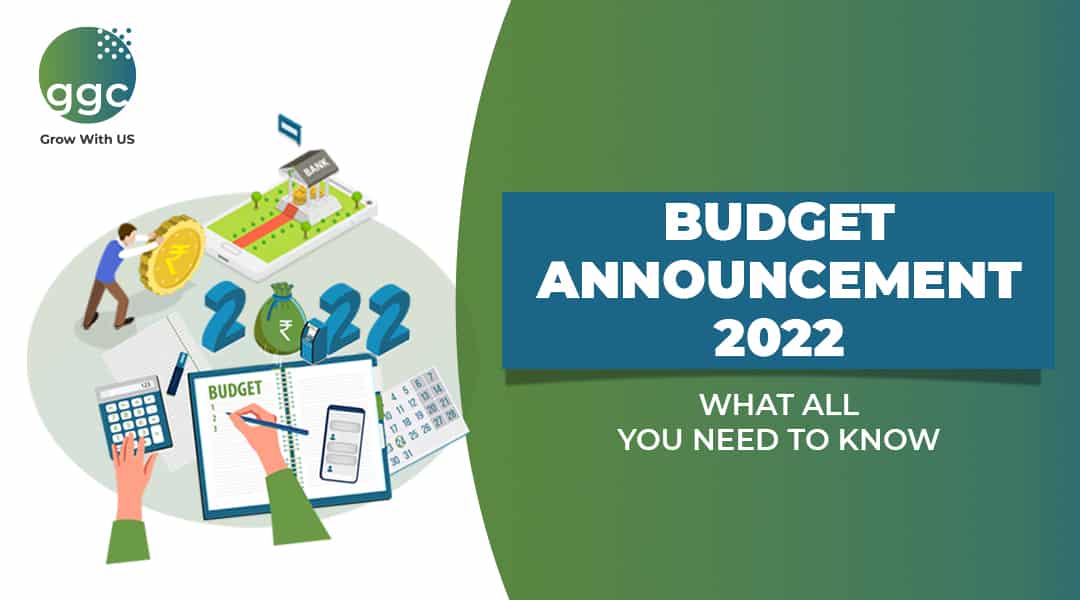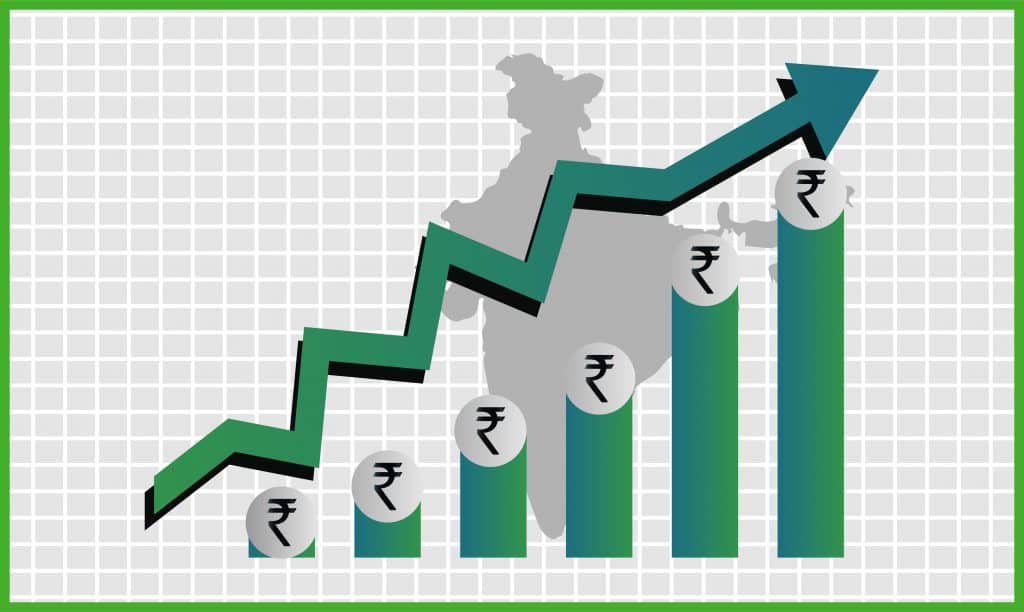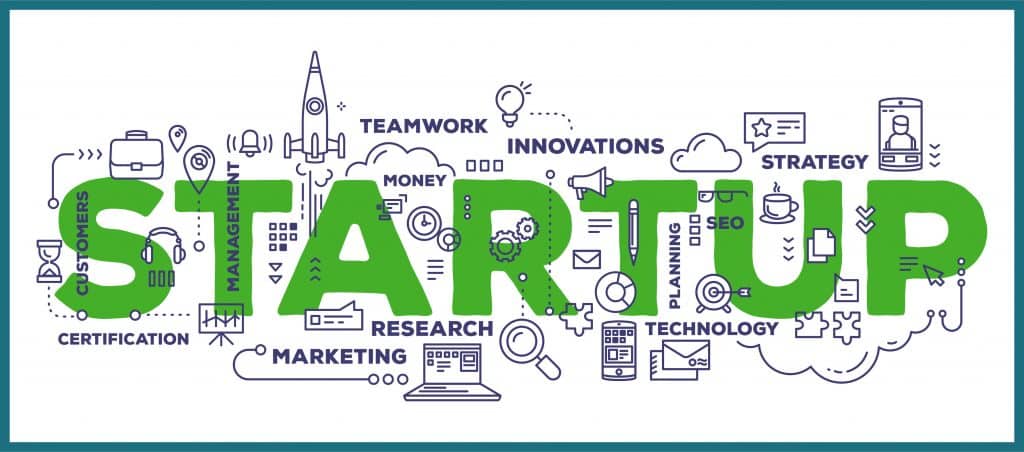Every year, the union budget creates a lot of excitement in the media reflecting expectations, ecstasy, and disappointments of the common people and businesses alike. But the budget 2022-23 added an extra dimension to it because this would be the last budget where the government could do its best to turnaround the Covid hit economy before facing the general election in 2024.
And, if the reaction of the stock market and the opinions of the specialists are any indication, the budget 2022-23 is hailed as futuristic, people’s friendly, and a perfect soil for entrepreneurship and startup growth. As the Finance Minister herself described it and also echoed by several luminaries, the budget 2022-23 was designed to set the direction of the economy between India-at-75 and India-at-100. In this article we’ll focus on the budget proposals for MSMEs and Startups.
The government seems to have identified digital transformation, sustainable private investments, and calibrated reforms as the driver of growth.
MSME
MSME has always been a priority sector for this government; the budget 2022-23 has proved it once again as it not only prioritizes the needs to revive the sector from the Covid related downturn but also presents some alterations and new ideas to boost the morale and performance of this sector.
MSME comprises nearly 45% of the total manufacturing output, 40% of exports, 30% of the national GDP. So quite expectedly the FM has stressed on the recovery of MSME prowess as a top priority. Want to learn about the provisions? Here you are:
- Roll out of RAMP (Raising and Accelerating MSME Performance) program with an outlay of Rs. 6000 crore to rate the MSMEs.
- ECLGS (Emergency Credit Line Guarantee Scheme) has been extended till March 2023.
- The guaranteed cover amount in the ECLGS has been increased by Rs. 50000 crores, making the total cover up to Rs. 5 Lac crore.
Apart from assisting the sector’s recovery, these measures will be critical in ensuring that MSMEs are given the time and resources they require to get off the ground.
Another significant step taken in the budget 2022-23 is the proposal to infuse an additional Rs. 2 lac crore for the growth of the micro and small enterprises and to create more employment opportunities. Also, the Credit Guarantee Trust for the Micro and Small enterprises scheme will see a complete revamp. Both these actions will boost confidence of the lenders and pave the way for easy funds to the micro and small enterprises.
Further, the government has decided to integrate the UDYAM, e-SHRAM, National Career Service (NCS), and ASEEM portals to enhance ease of doing business for the MSMEs. These portals will fetch live data from the organic databases covering G2C, B2C, and B2B services. This data will facilitate credit, skill development, and recruitment with a view to formalizing the economy and providing entrepreneurial opportunities for all.
| UDYAM is a portal for the registration of business as MSME.
e-SHRAM is a portal for the national database of unorganized workers with Aadhar details. NCS offers all types of employment-related information, services, and guidance for skill development. ASEEM is a platform where entrepreneurs can search for skilled labor, and skilled laborers can search for opportunities. |
All these initiatives will minimize the risk of the financial institutions and result in increased credit outflow to MSMEs and more entrepreneurial prospects within the sector. Such regulations would, in the long run, ensure that MSMEs do not close down owing to a lack of funds, and will speed up the sector’s formalization and growth.
Startups
India has more than 61,400 recognised startups that are registered with the Dept. for Promotion of Industry and Internal Trade (DPIIT), of which more than 14000 were added in the last year.
The best news for the startup fraternity from the government this year is the announcement that
25% of defense R&D procurement will be reserved for the local manufacturers including startups.
Following are the other key announcements in the budget 2022-23 that aim to address some of the demands of the startup sector.
- Capping of LTCG (Long Term Capital Gain) tax at 15%.
- Tax incentive extended to 4 years from the date of incorporation.
- Large scale implementation of digital banking, payment gateway, and fintech for faster liquidity for startups.
- End-to-End digital platform to submit and track e-bills for government contracts. This will encourage entrepreneurship in the remote areas.
- Commitment to pay 75% within 10 days for the running bills. This will improve the cash flow situation.
- Launch of EoDB 2.0 which will reduce the compliance burden on Startups. This will be in line with the Government’s policy of minimum government maximum governance.
Apart from the above proposals in the budget 2022-23 that directly impact the startup ecosystem in India, the government has made several other announcements as mentioned below that have attracted cheers from the industry leaders and the startup community in particular.
- PM Gati Shakti – under the PM Gati Shakti master plan, 100 cargo terminals will be developed during the next three years.
- Expansion of highways by 25000 k.m. and construction of 8 ropeways.
- Digital Rupee to be launched by the RBI.
- Drone Shakti initiative to encourage startups to undertake development of drones for service and utility applications.
- 75 digital banking centers in 75 districts.
- 1.5 Lakh post offices to come under core banking system.
- PPP (Private Public Partnership) scheme to deliver digital and high tech services to farmers in collaboration with public institutions.





